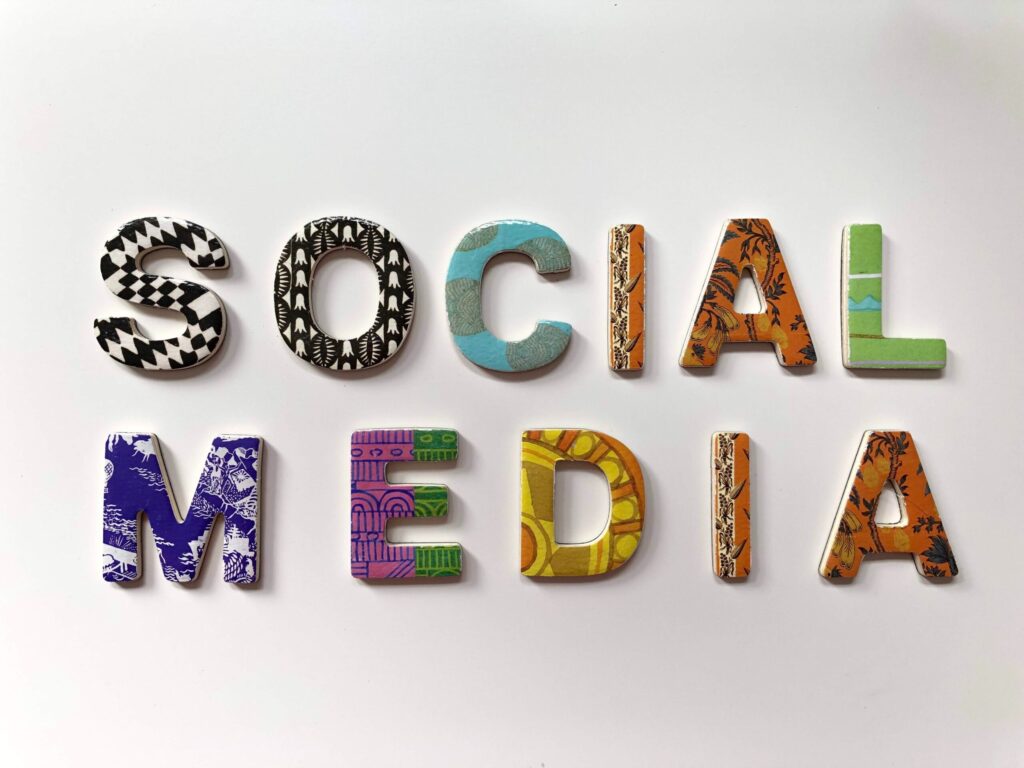There’s no denying that there’s a lot of good that we can take from social media. The most important is that it allows us to connect with family and friends. We can also preserve memories, share things that interest us, and it’s also a great place where we can learn new, interesting things like a new skill or talent.
Not only that, but these platforms offer information in a myriad of ways. For example, YouTube has full-length tutorials on how to do all sorts of things, from fixing the kitchen sink to doing a macramé plant holder.
Pinterest is also just as popular for its vast array of data. Yet, it focuses more on pictures and short reels.
Then, you have Instagram, TikTok, Facebook, X (formerly Twitter), and others that provide an image picture or brief video content along with a short–written explanation.
Nevertheless, with all these benefits that social media seems to provide, it also has its disadvantages. Research shows that spending too much time on these platforms can lead to increased stress, loneliness, isolation, and depression.
The new kid on the block is Threads from Meta. Started in 2023, it was billed as a nicer place than X (Twitter) after Elon Musk acquired it. Time will tell but you have to remember that any platform of free speech is going to have someone that doesn’t share your views.
So, how can you take the good while minimising the negative effects of social media? Here are five things you can try today to help you do just that.
1. Customise Your Feed
Unfollow and remove negative or fearmongering pages. Delete toxic friends. Limit who views and comments on your posts.
It sounds drastic but tell yourself that it’s perfectly okay to keep a small circle of virtual friends.
Instead, you can replace them with accounts that make you feel good about yourself. Look for influencers who embrace their natural beauty. Follow people who are constantly spreading positive words of motivation across their feeds.
2. Regulate the When
Many of us set alarms on our devices. So, it’s become second nature to immediately reach for your phone as soon as you wake up, which leads to getting bombarded with a stream of news, updates, and inconsequential posts.
This only leads to exacerbating your stress and anxiety, which isn’t exactly the best way to gear up for a new day.
Instead, consider integrating more mindful routines around two or more screen-free activities like journalling, meditating, and practising gratitude.
When you do start scrolling through social media, set a time limit on how long you spend on each app. One study found that a healthy amount of time would be between an hour to two hours in total for the entire day.
Just make sure you split it up into 15- to 30-minute increments throughout the day. For example, you can schedule 30 minutes after breakfast, 30 minutes during your lunch break, another 30 minutes in the afternoon, and 30 minutes about three hours before bedtime.
3. Turn off Notifications
Just because you have your phone on you all the time doesn’t mean you have to be available 24/7. It’s okay to disconnect from the virtual world at certain times during the day.
Getting inundated with notifications from various social media platforms can be overwhelming. It’s especially infuriating when you’re trying to work, study, or just enjoy a few minutes of peace and quiet.
Remind yourself that social media apps are designed to hijack your attention and get you to spend as much as possible on them so they can generate revenue from ads.
The most effective you can do to reduce the amount of time wasted on these apps is to switch off notifications as many times as you need during the day.
4. Be Critical
Always be critical of social media. Remember that all the posts and reels you’re seeing are someone’s best moments of the day, maybe even the whole week.
They’re only showing you what they want you to see, which is why they probably have some time to prepare for it and set everything up. So, it’s not exactly their typical day-to-day life that they’re displaying.
5. Detox
Try this the next time you feel you’ve had too much social media exposure: nothing.
Put the phone down and just be in the moment. Take a look around the room. Notice how the light shines through the window. Listen to the different sounds around you.
Full disclosure: you’ll probably start to feel uncomfortable after about five seconds. But that’s okay.
As you try to hang on for a full 60 seconds, think about why you’re uncomfortable. Knowing the reason can help wean you off your addiction to social media as well as the notion that you simply must have your phone in your hand all the time.
Instead, why not do something more constructive with your time? You can learn a new skill, revisit an old hobby, read, exercise, go for a walk, journal, draw, paint, or play a musical instrument, and more!
So, find what you’re passionate about. Then, spend time doing more of that instead of mindlessly scrolling through social media.
This post may contain affiliate links. As an Amazon Associate, we earn from qualifying purchases. See our Privacy Policy for details.




